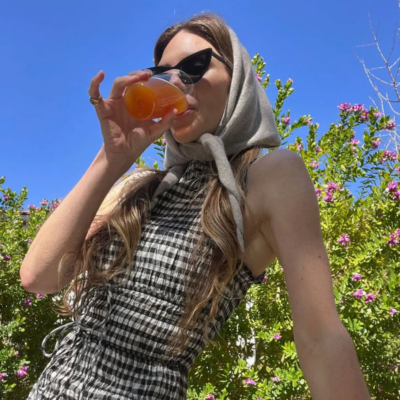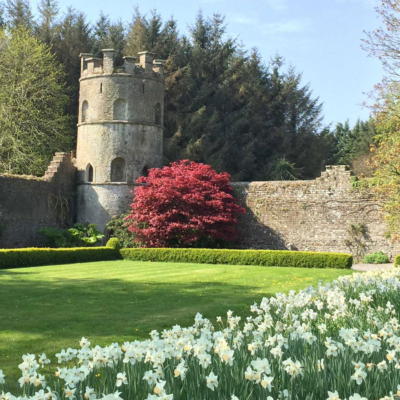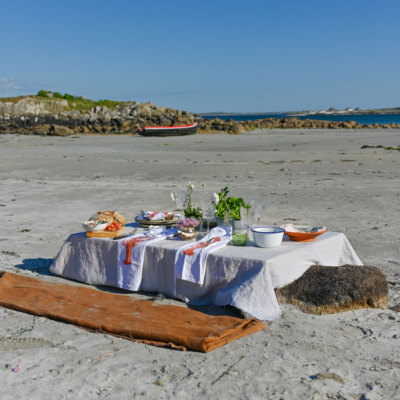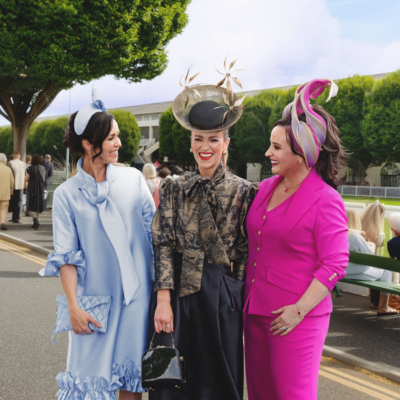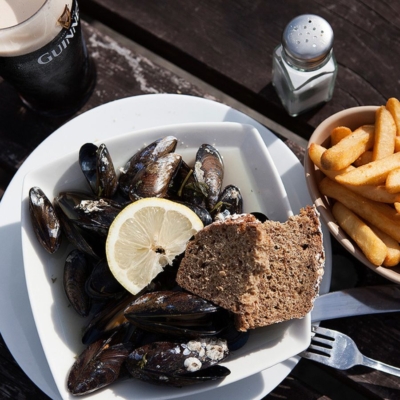Fashion influences wine enormously – thank heavens. Anybody with even a mildly adventurous spirit must feel glad that so many winemakers are experimenting with unusual grape varieties and production methods. Often without realising it, they’re setting trends that rule out any risk of boredom in our drinking. Yes, I know some people choose the same few styles year in year out – one friend has done his damnest to consume only Chablis and Fleurie for decades – but why opt for monotony instead of bold diversity? It’s the liquid equivalent of wearing the same clothes every day.
Fashion’s pendulum pushes certain wines into giddy demand for a time before they begin to look passé. German Riesling was once more highly prized than the finest white Burgundy. Sherry was in every drinks cabinet. Lavishly oaked Australian Chardonnay took off in the 1980s; Merlot and Sauvignon Blanc in the 1990s; prosecco and Pinot Grigio in the 2000s. What goes up must come down: just watch.
But today’s key trends are less about enthusiasm for particular flavours, more about process. Just as the fashion industry is facing up to the environmental issues involved in the over-production of cheap clothing, wine producers are working in more sustainable ways – reducing water, carbon and waste footprints, composting grape leftovers, avoiding chemical fertilisers and pesticides. Interestingly, the French wine industry has been one of Europe’s biggest pesticide users according to a 2019 article in the leading UK wine magazine Decanter, whereas New Zealand, Chile and Portugal have stood out as sustainability stars.
Now the picture is changing across the globe as more producers focus on biodiversity while also moving towards organic or biodynamic certification. Working in harmony with nature some go one step further, aiming to recapture the almost-forgotten tastes of wines made the low-tech way generations ago. They love old vineyards planted with a riot of obscure grape varieties. They favour natural yeasts which take their time to trigger spontaneous fermentations, possibly in large clay amphorae straight out of ancient history. Minimal intervention is the mantra: interfering as little as possible. Welcome to the retro world of “natural” wines – still niche but, oh boy, influential.
How can consumers ferret out tasty bottles with green credentials, whether natural or not? Not easily, especially in supermarkets. Although some major producers have embraced sustainability seriously – Torres in Spain, for example; Cono Sur and Emiliana in Chile; Fetzer in California, to name a few – small wineries lead the field when it comes to making green wines that are distinctive and intriguing. You’ll find them mainly in independent shops with staff who can tell you about them – and they’ll usually be well worth a few euro more than your standard supermarket buy. In the meantime, one small step we might all take is to stop buying ludicrously heavy bottles (except for sparkling wines which need their extra strength). The environmental cost of manufacturing and transporting these whoppers is sky-high.

FOLIAS DE BACO UIVO RESERVA, VINHAS VELHAS, DOURO 2015.
A succulent field blend of 20 Portuguese red grape varieties from 70-year-old vines, lightfooted but with depth. Alcohol: 13.5%. From Loose Canon, Dublin 2; Clontarf Wines, Dublin 3; Blackrock Cellars, Blackrock; World Wide Wines, Waterford, about €23

LOXAREL ANCESTRAL A PÈL PET NAT, PENEDÈS 2018
A terrific organic example of trendy Pet Nat (fizz made the natural way) – pure, round and classy. The grape is cava old-school, newly fashionable Xarel-lo. Alcohol: 12%. From www.ely64.com; First Draft, Dublin 8; Quintessential Wines, Drogheda, about €26.

DOMAINE PATRICK BAUDOIN ANJOU LA FRESNAYE 2017
From an organic estate where sustainability stretches to horse-ploughed vineyards, this is Chenin Blanc – a grape on the rise – at its elegant best: subtle and creamy with a salty, appetising finish. Superb with fish. Alcohol: 13%. From Terroirs, Dublin 4, €29.50.
LOVETHEGLOSS.IE?
Sign up to our MAILING LIST now for a roundup of the latest fashion, beauty, interiors and entertaining news from THE GLOSS MAGAZINE’s daily dispatches.






